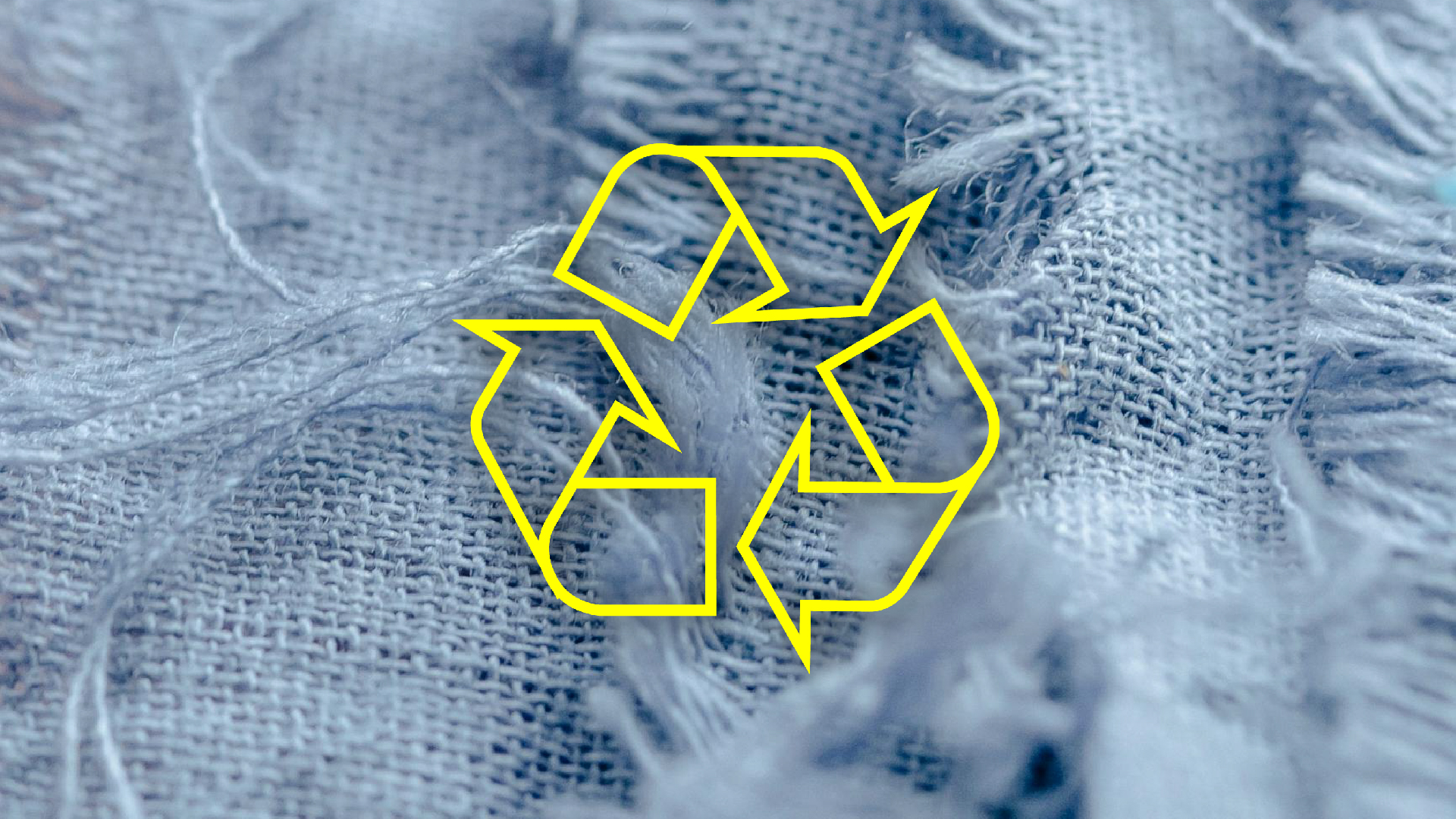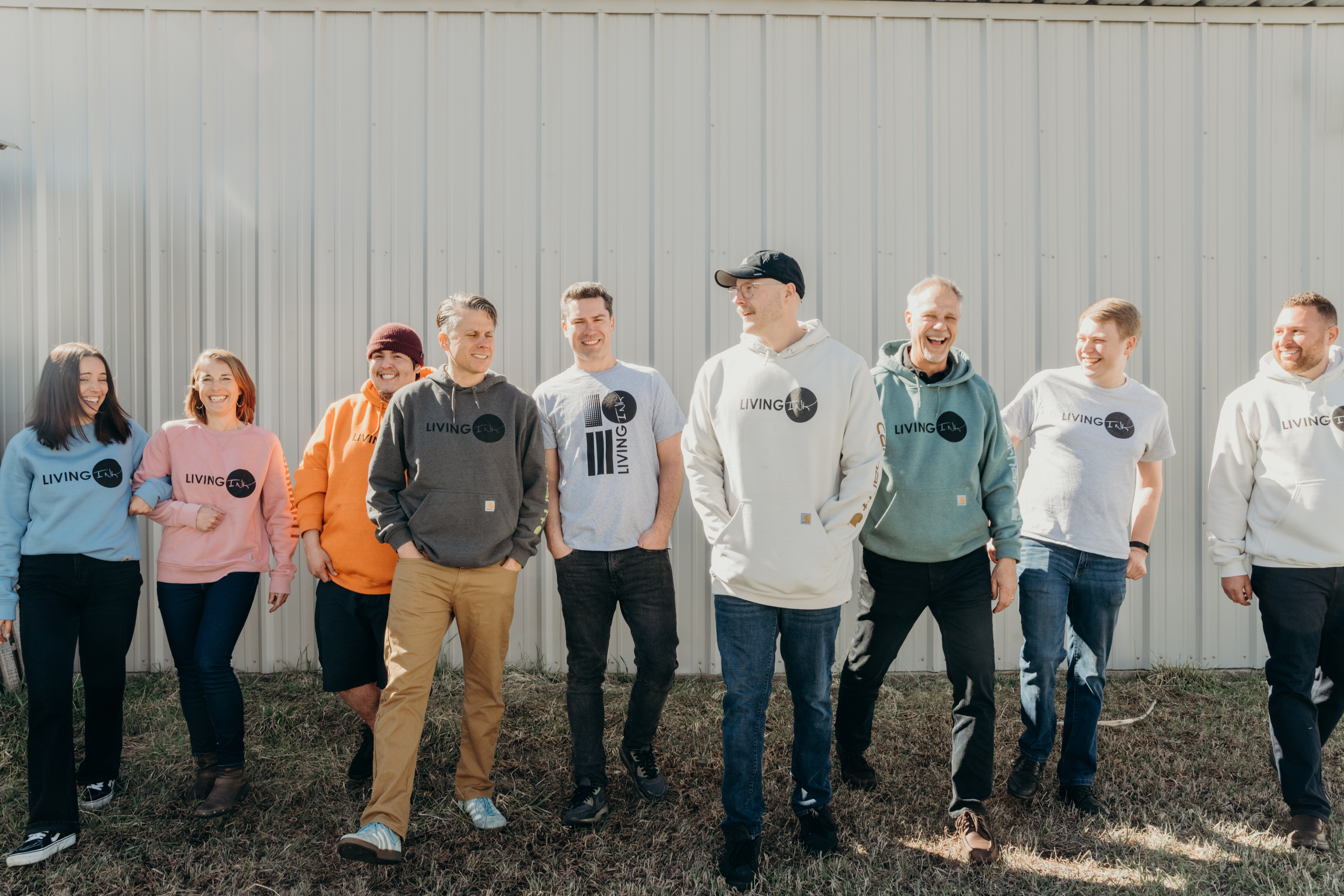Plant-Based Indigo Presents a Solution for the Future of Denim Dyeing
Stony Creek Colors’ IndiGold™ pre-reduced natural indigo dye – Credit: Stony Creek Colors
13 December 2021
Amsterdam – As part of the effort to reduce the number of potentially harmful chemicals in the denim supply chain, Fashion for Good is collaborating with Levi Strauss & Co. and Stony Creek Colors to pilot the use of Stony Creek’s IndiGold™ plant-based pre-reduced indigo at scale.
Fashion for Good Collaboration Working to Bring it to Scale
Fashion for Good partner Levi Strauss & Co. brings vast experience, technical know-how and insights into the production of high-quality denim products. For the first time, Stony Creek Colors will provide their pre-reduced IndiGold indigo dye to select denim mills used by their partners to run performance trials with different denim dyeing systems. With the goal of unlocking key learnings around shade application and other efficiencies. The project aims to have garments dyed with Stony Creek Colors’ IndiGold dye on the market by late 2022 and early 2023.
“Our previous work with Stony Creek has shown the great potential of plant-based dyes. This is a great opportunity to expand that work and more fully realise the potential of this innovation.” – Jeffrey Hogue, Chief Sustainability Officer of Levi Strauss & Co., which has already collaborated with Stony Creek Colors for multiple seasons of its Wellthread line.
IndiGold replaces petroleum-derived synthetic indigo with plant-based inputs and can be integrated into an indigo pre-reduction system by using hydrogen as the reduction agent, thereby eliminating harmful byproducts from both the pre-reduction and the dyeing process. Furthermore, the liquid dye allows for more efficient use of raw materials, including indigo and supporting chemistry, and, because it is pre-reduced, makes it possible for more mills to use it with more consistent dye results. This can help achieve better, first quality fabrics that require less water and energy in the process.
“Customers and brands want clean, safe processes and fabrics. Awareness of a changing climate requires us to act boldly with scalable, plant-based alternatives. IndiGold brings Stony Creek Colors’ proven, climate positive indigo dye into a new, liquid form that allows for radical ease of use and efficiency in dyeing at denim mills, while reducing the chemistries that can lead to pollution in the denim dyeing process.” –Sarah Bellos, CEO and Founder of Stony Creek Colors
Stony Creek Colors grows its indigo on partner farms in the US, helping farmers shift their operations to a new, soil-enriching crop. Through its extensive work on plant genetics and breeding, it is also investigating other potential agricultural benefits of the crop.
Fashion for Good, which has an equity stake in Stony Creek Colors, will oversee the project. “The textile industry must move towards safer, renewable and regenerative inputs. Stony Creek Color’s innovation is driving this change and we are excited to be working closely with them and our partners to bring this to market” – Katrin Ley, Managing Director of Fashion for Good
Other Articles

In conversation with Smartex: Explore Smartex’s AI-driven solutions transforming quality control and reducing waste

Fashion for Good and Textile Exchange Team Up to Trace Textile Waste

